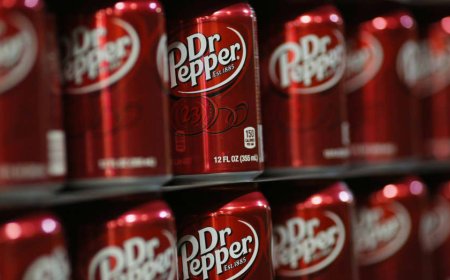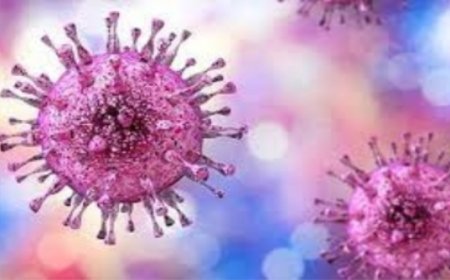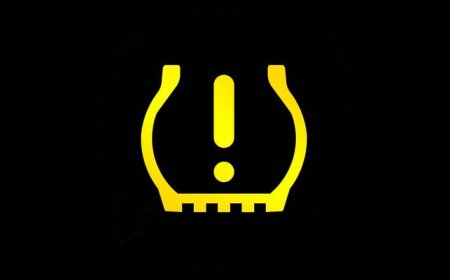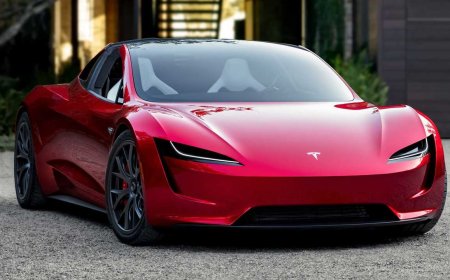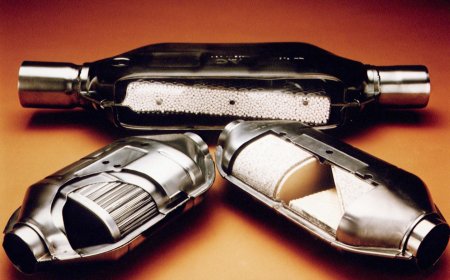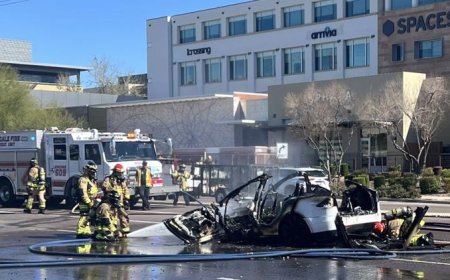Do Diesels Have Catalytic Converters?
Catalytic converters in diesel engines. Diesel engines have catalytic converters, which help to reduce harmful emissions and improve performance.

Do Diesels Have Catalytic Converters?
Diesel engines have been around for over 100 years, and while they have evolved over time, there is still a lot of confusion surrounding them, especially when it comes to catalytic converters. There is a common misconception that diesel engines don't have catalytic converters, but is that really true? In this article, we will explore the topic of diesel engines and catalytic converters in depth.
Introduction
Diesel engines are a type of internal combustion engine that uses compression ignition to ignite the fuel instead of a spark plug. They are commonly used in large trucks, buses, and construction equipment. A catalytic converter, on the other hand, is a device that reduces harmful emissions from a vehicle's exhaust system. It works by converting toxic gases and pollutants into less harmful substances before they are released into the atmosphere.
The purpose of a catalytic converter in a diesel engine is the same as in a gasoline engine. It helps to reduce the amount of harmful emissions that are released into the environment. In fact, diesel engines produce more harmful emissions than gasoline engines, which is why catalytic converters are especially important for diesel engines.
Understanding Diesel Engines
Before we can fully understand the role of catalytic converters in diesel engines, we must first understand what diesel engines are and how they work. Diesel engines are similar to gasoline engines in that they are both internal combustion engines. However, the way they ignite the fuel is different.
Gasoline engines use spark plugs to ignite the fuel, whereas diesel engines use compression ignition. In a diesel engine, the fuel is injected into the combustion chamber and is compressed until it reaches a high temperature. This causes the fuel to ignite without the need for a spark plug.
Diesel engines are known for their high torque and fuel efficiency, which is why they are commonly used in heavy-duty vehicles such as trucks and buses. However, they also produce more harmful emissions than gasoline engines, which is why catalytic converters are important.
What is a Catalytic Converter?
A catalytic converter is a device that is installed in a vehicle's exhaust system to reduce harmful emissions. It works by converting toxic gases and pollutants into less harmful substances before they are released into the atmosphere. The catalyst inside the converter triggers a chemical reaction that converts carbon monoxide into carbon dioxide, hydrocarbons into water and carbon dioxide, and nitrogen oxides into nitrogen and oxygen.
Catalytic converters have been a requirement in gasoline engines since the 1970s to help reduce harmful emissions. However, they were not always required in diesel engines, leading to the misconception that diesel engines don't have catalytic converters.
Do Diesel Engines Have Catalytic Converters?
The answer is yes, diesel engines do have catalytic converters. In fact, diesel engines produce more harmful emissions than gasoline engines, making catalytic converters even more important in diesel engines.
The confusion around whether or not diesel engines have catalytic converters likely stems from the fact that diesel catalytic converters are designed differently than gasoline catalytic converters. Diesel catalytic converters are larger and use a different catalyst to convert the harmful emissions. They also require a higher operating temperature to function properly.
Benefits of Catalytic Converters in Diesel Engines
The benefits of catalytic converters in diesel engines are numerous. They help to reduce harmful emissions, which is not only better for the environment but also better for human health. In addition, they can help to increase fuel efficiency and improve engine performance.
By reducing harmful emissions, catalytic converters can help diesel engines to comply with environmental regulations. This is especially important in areas with high levels of air pollution, as diesel engines can contribute significantly to the problem.
Maintenance of Catalytic Converters in Diesel Engines
Like any part of a vehicle, catalytic converters require maintenance to function properly. Common problems with catalytic converters in diesel engines include clogging and contamination. Clogging can occur if the converter becomes too dirty, while contamination can occur if the wrong type of fuel or oil is used.
To maintain a diesel catalytic converter, it's important to follow the manufacturer's recommended maintenance schedule. This may include regular cleaning and inspection, as well as using the correct type of fuel and oil. If you suspect that your diesel catalytic converter is not functioning properly, it's important to have it inspected by a qualified mechanic.
Conclusion
In conclusion, diesel engines do have catalytic converters, and they play an important role in reducing harmful emissions. While diesel catalytic converters may look different than gasoline catalytic converters, they function in a similar way. If you own a diesel vehicle, it's important to maintain your catalytic converter to ensure that it continues to function properly and reduce harmful emissions.
What's Your Reaction?









